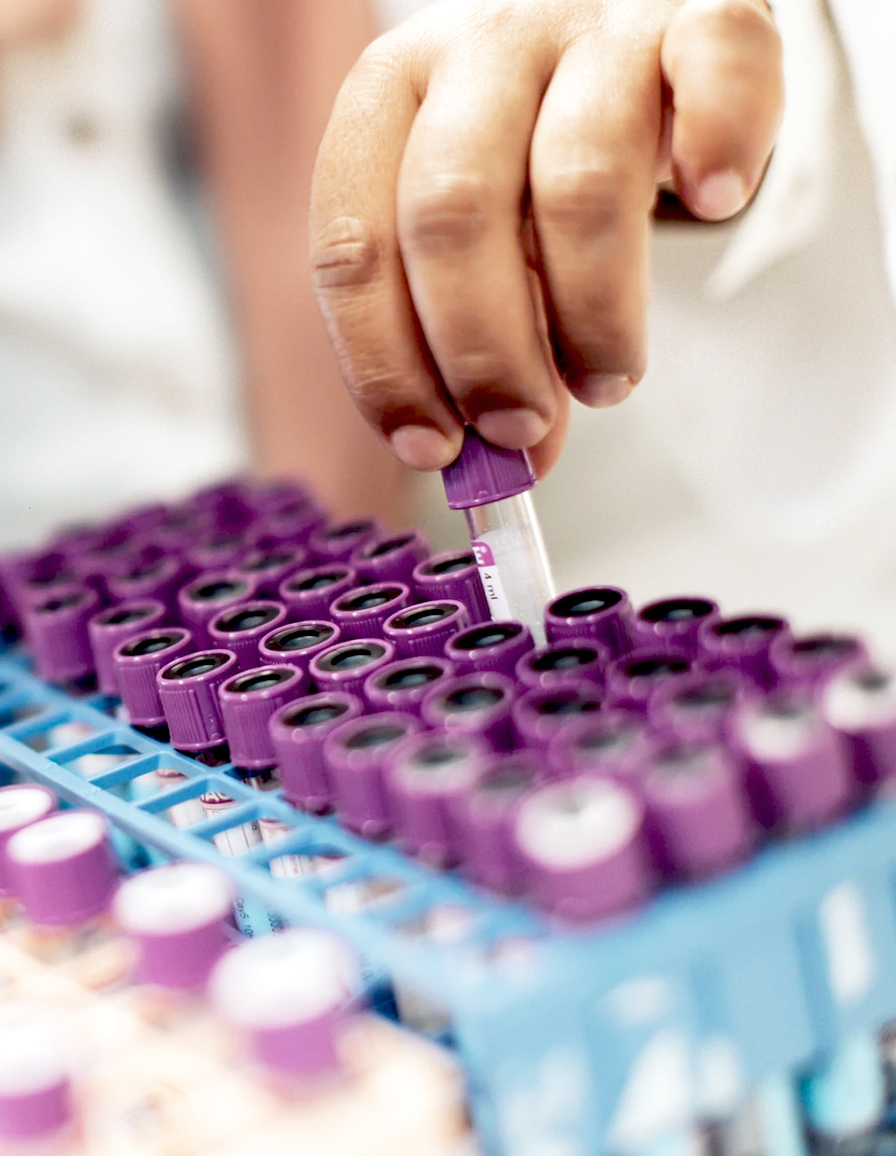How does it work?
InoKura conducts various types of inpatient and outpatient clinical studies. Some studies only require daytime outpatient visits while others require hospitalisation for varying lengths of time (from 2 days to 3 weeks). Where hospitalisation is required, volunteers stay in rooms of a maximum of 4 to 6 people. This clinical “co-habitation” enables participants to live in a community and forge links and friendships.
Our teams do their utmost to ensure the comfort, physical and mental well-being and safety of our volunteers. The diversity of clinical trials on offer enables volunteers to find the one that suits them best. After selecting candidates according to their profile, we invite them to undergo a medical check-up (measuring vital signs, blood tests, urinalysis, and electrocardiogram). This is also an opportunity to discuss their concerns and answer any questions they may have.
Volunteers are compensated
Beyond how noble the process of trial participation is, it also entitles volunteers to financial compensation. The compensation amount is specific to each trial, and varies from a few hundred euros to 4-5,000 euros. It is set according to a number of criteria (including the time required for the trial, length of hospital stay, examinations carried out, etc.).
Compensation must be approved by a European Ethics Committee, which ensures compliance with Good Clinical Practice (GCP) and the protection of participants’ rights. Before joining a trial, volunteers must undergo a full medical check-up and are compensated for the time spent during these examinations.

